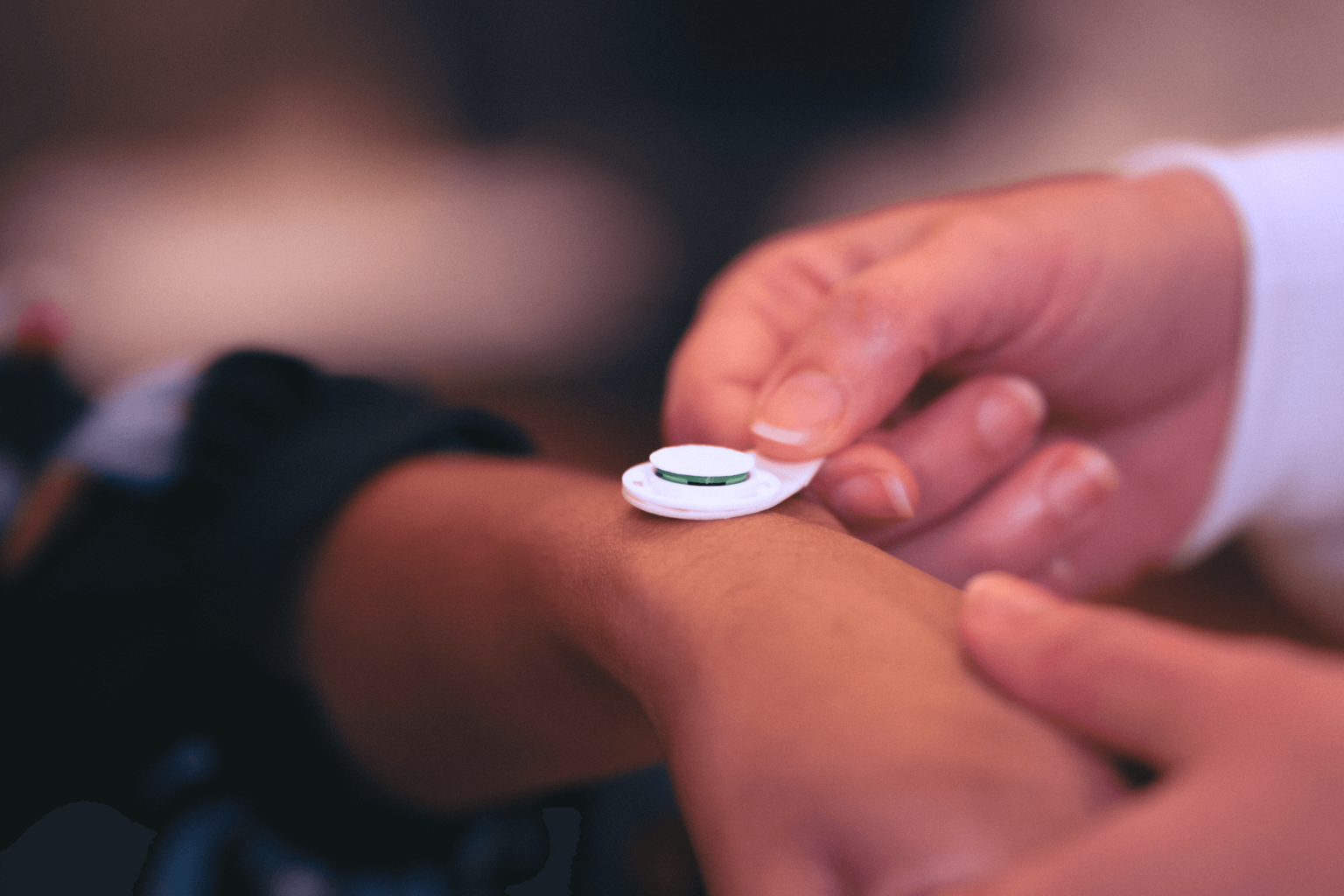With GCMI’s Help, Micron’s Microarray Needle Technology Nearer To Forever Changing the World for the Better
“This, this success is the desired result”

Medical device and biotech or medtech innovation doesn’t work like consumer electronics or software. It works more like aerospace. Because lives are literally at stake it needs more than a place for people to work, high speed internet, brilliant minds and dedication. It needs certified clean rooms, highly expensive equipment and advanced materials, intensive validation testing and rigor at every level of its pathway to commercialization and positive health outcomes.
What successful university bred biotech innovation looks like
Like many game-changing technological advancements, Micron Biomedical’s story begins in a public institution of higher education, its research labs and an unmet clinical need; this one global in scale. With origins in Professor Mark Prausnitz’ Laboratory for Drug Delivery at Georgia Tech, Micron Biomedical has taken a massive unmet clinical need – safe, effective, affordable delivery and administration of therapies and vaccines in every corner of the globe – and created a device technology proven in its potential to successfully meet that need.
Put simply, Micron’s technology delivers traditionally injected vaccines and medicines without needles through a dissolvable microarray technology. It offers access to life-saving pharmaceuticals for children and adults and allows painless, self-administration of therapeutics and vaccines, in seconds to minutes—at home, in the field, and wherever they are needed—without the need for a medical professional to administer them, all with the push of a button. It eliminates or greatly reduces the need for cold chain during delivery and/or storage; reducing transportation and storage costs; allowing safe vaccine and drug administration by non-medical personnel; reducing medical waste; and offering needle-free solutions to address vaccine hesitancy and improve patient compliance.
Since its inception in 2014, Micron has raised roughly $50 million dollars in non-dilutive funding, venture investment and R&D reimbursement from pharma and biotech collaborators for its demanding journey from the lab to patients. Funding includes seed stage support from the Georgia Research Alliance (GRA), a $23.6 million gift from the Bill and Melinda Gates Foundation in November 2023 along with a $17 million Series A round co-led by Global Health Investment Corporation (GHIC) and LTS Lohmann earlier the same year.
According to the company, “Micron partners with and/or receives funding from private and public pharmaceutical and biotech companies, the [aforementioned] Bill & Melinda Gates Foundation, the Centers for Disease Control and Prevention (CDC), the U.S. Center for Biomedical Advanced Research and Development Authority (BARDA), PATH and the Georgia Research Alliance (GRA).”
“Game changing potential in humanitarian settings”
In May 2024, The Lancet published positive Measles and Rubella (MR) Phase 1/2 trial data utilizing Micron’s novel vaccine delivery device. A comment in the same issue described the implications of the data and recognized microarray technology for its potential as “game-changing in humanitarian settings.”
“Thanks to the support and funding of our partners we are focused on ending preventable diseases in low and middle income nations,” Micron Technologies CEO Steven Damon told our colleague Paul Snyder. “Children are still dying of measles due to lack of access to vaccination. Vaccines need refrigeration in transit and they need qualified clinicians to administer them. Trial results with our microarray needle technology showed prevention against measles better than or equal to subcutaneous injections. These trials and results represent the highest levels of importance in global health improvement. Improved access to vaccinations that utilize Micron’s technology can save lives and may well eradicate measles worldwide.”
Micron’s microarray technology, combined with important vaccines and drugs, including measles and rubella, are manufactured at the Global Center for Medical Innovation (GCMI), a Georgia Tech affiliate.
“We are also focused on effectively addressing the next global pandemic with vaccines that can be administered in the home without the need for a healthcare professional instead of waiting in lines by the thousands at large gathering places,” Steven said.
“Partners like BARDA, the CDC and the Gates Foundation charge us with mandates to solve problems with global impact. Be those national health security problems, pandemic, epidemic, or health issues rooted in problems of social access like measles and rubella, Micron leads the way to improving access. Having spent billions of dollars in response to the Covid-19 pandemic, BARDA now has equity investment in Micron via the Global Health Investment Corporation fund, a sign of how strongly they believe in the technology. Many of the leading minds in global health understand the magnitude of the impact our work has, and can, accomplish.
“This impact would not be possible without GCMI.”
Micron has multiple clinical trials for important vaccines and drugs ongoing and planned with a focus on low and middle income countries as well as high income countries like the United States.




